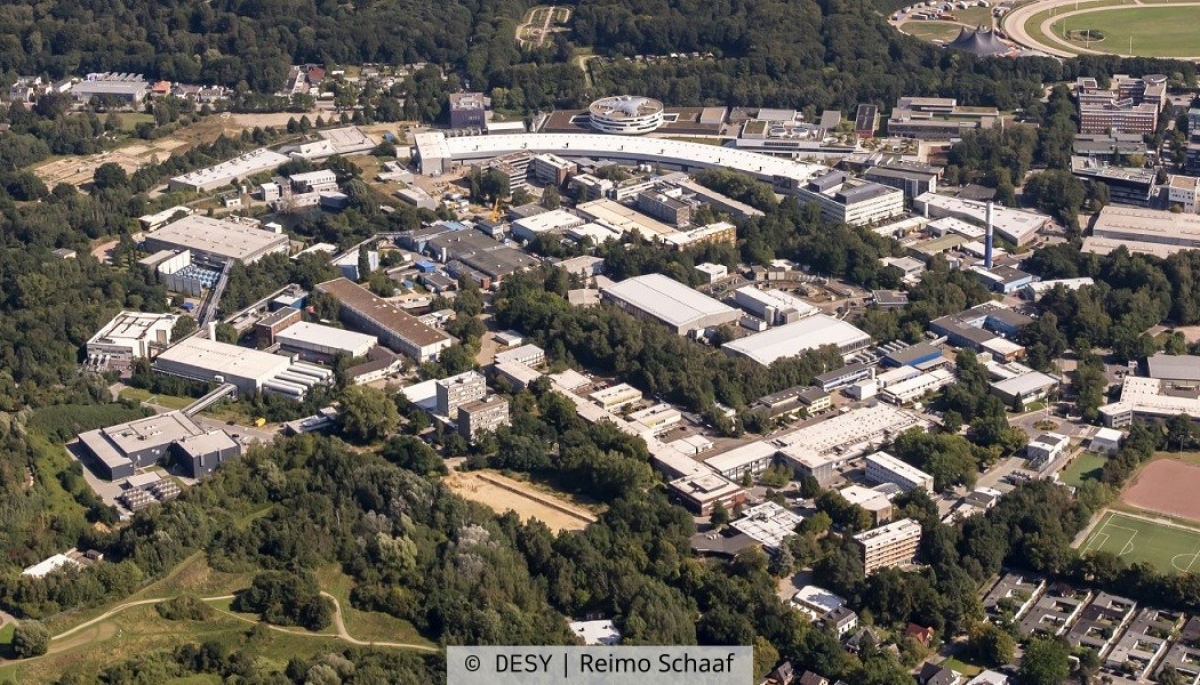The MMS workshop 2020 is a part of a virtual workshop on 11-12th June 2020 on “Multiscale Modelling, Uncertainty Quantification and the Reliability of Computer Simulations”. It is a two day online event freely available and accessible to all, see here for more details.
Introduction
Modelling and simulation of multiscale systems constitutes a grand challenge in computational science, and is widely applied in fields ranging from the physical sciences and engineering to the life science and the socio-economic domain. Most of the real-life systems encompass interactions within and between a wide range of spatio-temporal scales, and/or on many separate levels of organization. They require the development of sophisticated models and computational techniques to accurately simulate the diversity and complexity of multiscale problems, and to effectively capture the wide range of relevant phenomena within these simulations. Additionally, these multiscale models frequently need large scale computing capabilities as well as dedicated software and services that enable the exploitation of existing and evolving computational ecosystems.
This MMS workshop aims to provide a forum for multiscale application modellers, framework developers and experts from the distributed infrastructure communities to identify and discuss challenges in, and possible solutions for, modelling and simulating multiscale systems, as well as their execution on advanced computational resources and their validation against experimental data.
Topics
Key topics of the MMS workshop include:
- Simulation and modelling of multiscale systems.
- Challenging applications in science, industry or society (e.g. in computational biology).
- Verification, validation and uncertainty quantification in a multiscale simulation/modelling context.
- New approaches for coupling and scale bridging, to combine different models and scales in one application.
- Advanced numerical methods for solving multiscale problems.
- Software approaches for simulating multiscale systems, and handling the complex workloads accompanying it.
- Executing multiscale models on advanced computational infrastructures (distributed, HPC, cloud, etc.).
- Performance analysis of multiscale applications and/or tools.
Papers
We kindly invite you to submit a paper reporting original, unpublished research and recent developments in the broad area of modeling and simulation of multiscale systems. Depending on your preferences, there are two options for submission available.
Full papers
You can submit your paper through the ICCS EasyChair system. Please be sure to select the Workshop on Multiscale Modelling and Simulation as your target workshop. All ICCS papers are of up to 14 pages, written in English and complying with the Procedia format.
Out of the submitted full papers to the main track and workshops, we will select some 30% high-quality papers for presentation at the conference and publication in the proceedings. These are published by Springer in the Lecture Notes in Computer Science (LNCS) series and indexed by Scopus, EI Engineering Index, Thomson Reuters Conference Proceedings Citation Index (included in ISI Web of Science), and several other indexing services. The papers will contain linked references, XML versions and citable DOI numbers.
After the conference, selected papers will be invited for a special issue of the Journal of Computational Science (Impact Factor: 2.502).
Abstract only
While we encourage full paper submissions, the “Abstract Only” option caters to researchers who can only publish in specific journals or work for companies in circumstances such that they cannot publish at all, but still want to present their work and discuss it with their peers at ICCS. In the “Abstract Only” option, a short abstract is published in a book of abstracts, but not in LNCS. Abstracts, too, are submitted through the ICCS EasyChair system.
Important Dates
Paper submission: 11 February 2020 (final extension)
Notification of acceptance: 12 March 2020
Camera-ready papers: 2 April 2020
Workshop Organisers
Derek Groen, Brunel University London, United Kingdom;
Olivier Hoenen, Max Planck Institute for Plasma Physics, Garching, Germany;
Stefano Casarin, Houston Methodist Hospital, United States;
Alfons Hoekstra, University of Amsterdam, The Netherlands and ITMO University, Russia;
Diana Suleimenova, Brunel University London, United Kingdom;
Bartosz Bosak, Poznan Supercomputing and Networking Center (PSNC), Poland.
Contact E-mail
Programme Committee (provisional)
| Bartosz | Bosak | Poznan Supercomputing and Networking Center (PSNC) |
| Stefano | Casarin | Houston Methodist Hospital |
| Bastien | Chopard | University of Geneva |
| David | Coster | Max Planck Institute for Plasma Physics |
| Daan | Crommelin | CWI (Netherlands) |
| Wlodzimierz | Funika | Institute of Computer Science AGH |
| Lin | Gan | Tsinghua University |
| Yuriy | Gorbachev | Coddan Technologies LLC |
| Derek | Groen | Brunel University London |
| Alfons | Hoekstra | University of Amsterdam |
| Vytautas | Jancauskas | Leibniz Rechenzentrum Garching |
| Jiří | Jaroš | Brno University of Technology |
| Hao | Jing | Tsinghua University |
| Valeria | Krzhizhanovskaya | University of Amsterdam |
| Kenneth | Leiter | Army Research Laboratory |
| Zhao | Liu | National Supercomputer Center in Wuxi |
| Stefan | Luding | University of Twente |
| Scott | MacLachlan | Memorial University of Newfoundland |
| Roderick | Melnik | Wilfrid Laurier University |
| Roeland | Merks | CWI and NCSB-NISB |
| Philipp | Neumann | Helmut Schmidt University |
| Tomasz | Piontek | PSNC |
| Simon | Portegies Zwart | Leiden University |
| Robin | Richardson | University College London |
| Katarzyna | Rycerz | AGH University of Technology |
| Ulf D. | Schiller | Clemson University |
| James | Suter | University College London |
| Jannis | Teunissen | CWI, KU Leuven |
| Wenlai | Zhao | Tsinghua University |
Previous editions of the MMS workshop
2019 2018 2017 2016 2015 2014 2013 2012 2011 2010 2009 2008 2007 2006 2005 2004
